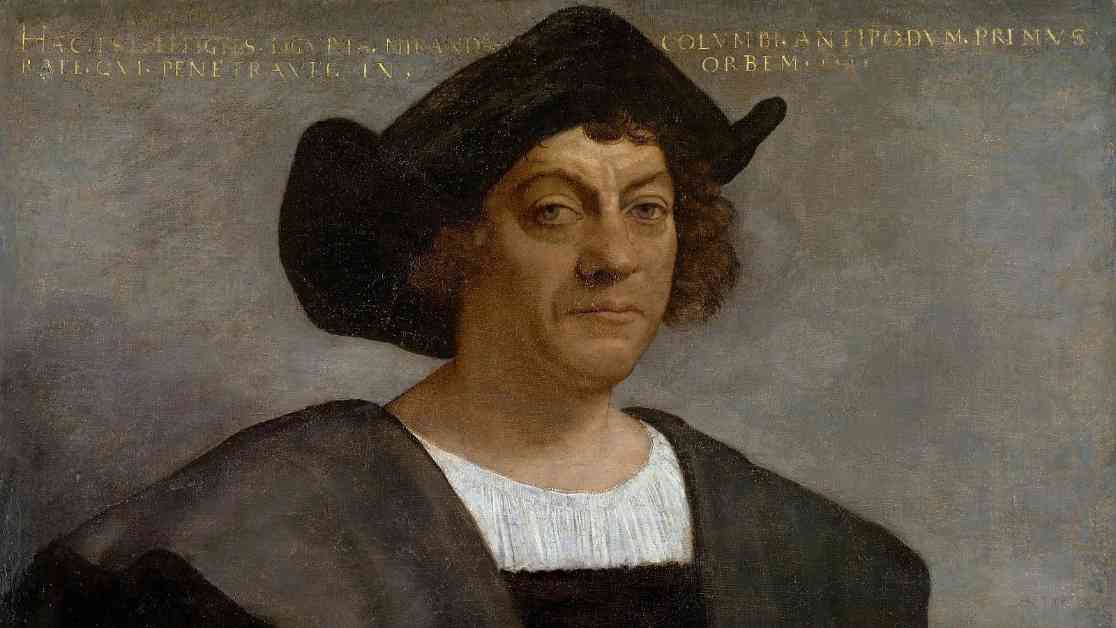A groundbreaking documentary recently aired on RTVE has sparked a new debate about the famous explorer Christopher Columbus. The documentary challenges traditional beliefs about Columbus’ nationality and religion, suggesting that he may have been a Sephardic Jew from Western Europe rather than an Italian Catholic as history has long portrayed him.
For centuries, it was widely accepted that Columbus was born in Genoa, Italy, to a Catholic family. However, recent DNA evidence presented in the documentary indicates that Columbus may have actually been born in Valencia, Spain, and had Jewish ancestry. This revelation sheds new light on the explorer’s life and the possible reasons behind his decision to conceal his true identity.
Forensic scientist José Antonio Lorente conducted genetic tests on bones believed to belong to Columbus, his son Hernando, and his brother Diego. The results showed that Hernando had genetic markers consistent with Sephardic Jewish origins, suggesting that Columbus himself may have also been of Jewish descent. This finding supports a long-standing theory proposed by Francesc Albardaner, who argued that Columbus came from a Jewish family in Valencia and hid his heritage to avoid persecution.
While the new discoveries have been met with excitement from historians and researchers, there have been mixed reactions online. Some argue that applying modern concepts of nationality and ethnicity to historical figures may be misleading, while others praise the research for shedding light on Columbus’ true origins.
The DNA study has not only clarified Columbus’ background but has also raised new questions about his family relationships. While Hernando was confirmed to be Columbus’ son, the study suggests that Diego may have been a more distant relative. Historians are now reevaluating Columbus’ writings to understand why he referred to Diego as his brother.
Overall, the documentary has opened up new avenues for exploration and research into the life of Christopher Columbus. By uncovering his Sephardic Jewish heritage, the findings challenge long-held assumptions about the explorer and highlight the complexities of identity and persecution during his time.













